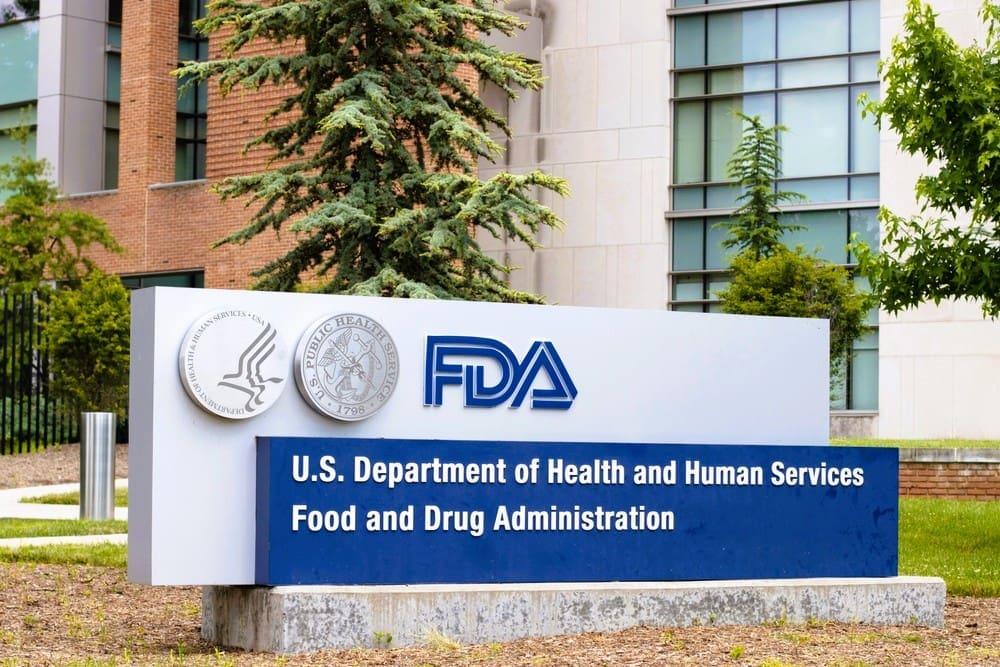Researchers in the United States are preparing to conduct a groundbreaking clinical trial to assess if livers from gene-edited pigs can serve as temporary support for patients experiencing sudden liver failure. Approved by the Food and Drug Administration, this initiative is being led by the pig producer eGenesis in collaboration with OrganOx.
Each year, approximately 35,000 Americans are hospitalized due to unexpected liver failure. The condition presents limited treatment options and a mortality rate nearing 50%. Many affected individuals are ineligible for liver transplants or face delays in finding suitable matches.
The innovative study, expected to commence this spring, explores a novel approach in the ongoing pursuit of animal-to-human organ transplants. Instead of transplanting the pig liver, researchers plan to connect it externally to the patients. The liver, unique for its regenerative ability, might recover if its function is temporarily assumed by the pig’s liver filtering the patient’s blood for several days.
Previous experiments conducted on deceased bodies have demonstrated that this “bridge” strategy allows the pig liver to sustain some human liver functions for two to three days. Mike Curtis, CEO of the Massachusetts-based eGenesis, which specializes in genetically modifying pigs to enhance human compatibility, explained that the trial will involve up to 20 intensive-care patients who do not qualify for a liver transplant. The process will employ a device from Britain’s OrganOx, which currently preserves donated human livers, to circulate the patient’s blood through the pig liver.
This trial represents the latest effort to utilize gene-edited pig organs in saving human lives. Similar research is underway with pig kidneys from eGenesis and another company, United Therapeutics, being used in experimental transplants.
The Evolving Landscape
The exploration of gene-edited pig organs as a temporary solution for liver failure could significantly affect healthcare options for patients facing sudden liver complications. By potentially increasing the survival chances of those unable to receive a timely liver transplant, this research may alleviate the burden on existing organ transplant systems.
For communities, this advancement underscores the growing role of biotechnology in addressing critical healthcare challenges. If successful, it could pave the way for broader applications of animal-to-human organ transplants, offering new hope to patients with limited treatment options and possibly reshaping the future of organ donation and transplant methodologies.














